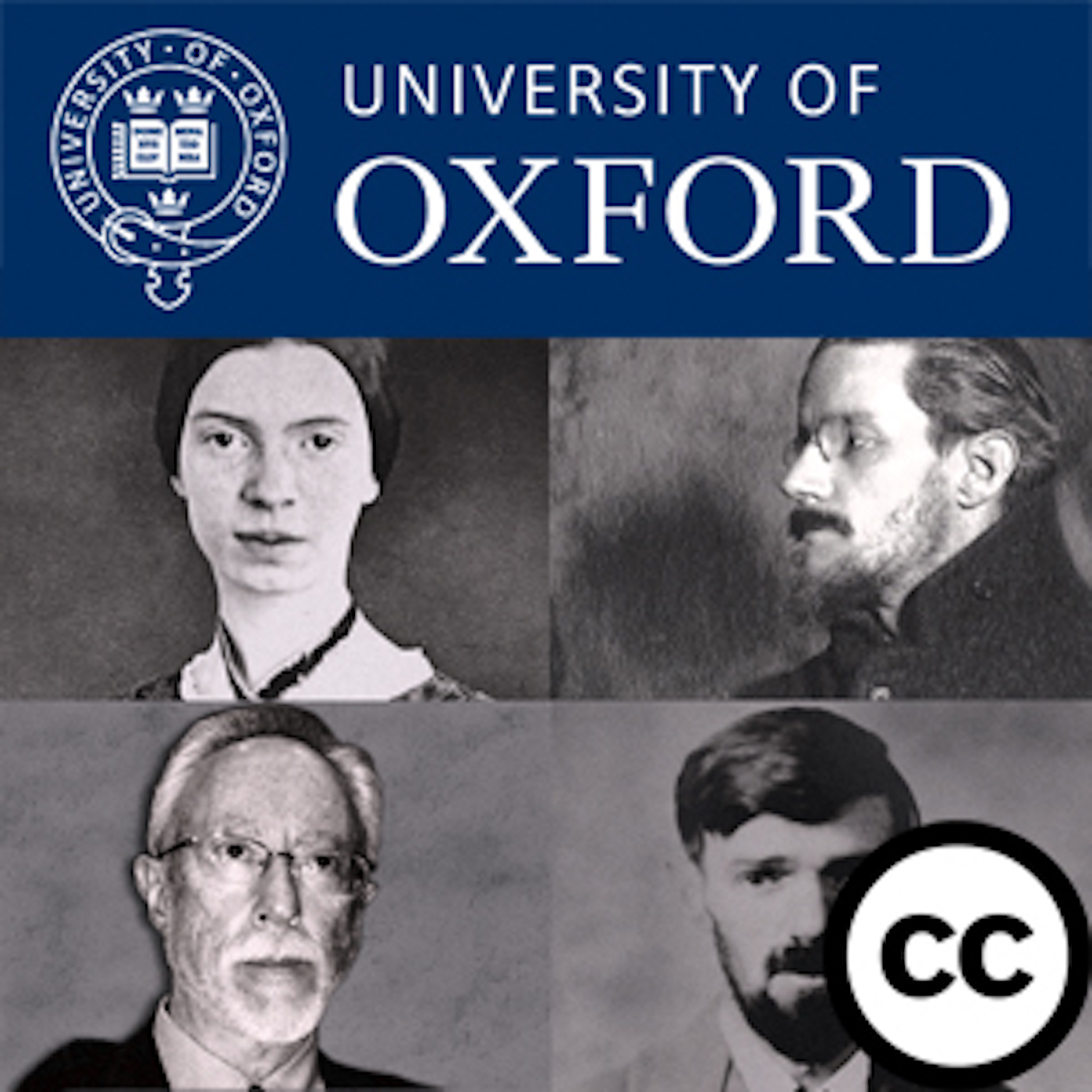Episodes
Prof. Warner and Prof. Ballaster begin their conversation with Antoine Galland's translation into French from Arabic of the 'Alf Layla wa-Layla' as the first two volumes of 'Les Mille et Une Nuit' in the first decade of eighteenth century. The twelve-volume text that became known in the English-speaking world as 'The Arabian Nights Entertainments' was woven together from manuscript and verbal sources as well as added to with apparently invented tales by Antoine Galland himself. Warner and...
Published 03/26/13
Published 03/26/13
Professor Elleke Boehmer discusses why Kipling's writing, and his poetry of the late nineteenth and early twentieth centuries in particular, launched him to international fame across the British Empire. By comparing him to contemporary popular figures such as Elton John and Paul McCartney, she offers insight into how Kipling's verse captured the popular imagination of the common people throughout the age of imperialism. Creative Commons Attribution-Non-Commercial-Share Alike 2.0 UK: England...
Published 10/08/12
Professor Elleke Boehmer notes the distinct lack of women writers on the Post/Colonial Writing page of the Great Writers website, and explores why this is the case. She draws attention to the phenomenon of double colonization and, taking Scottish/South African author Zoe Wicomb as an example, looks at the marketing and publishing industries to discuss why postcolonial women writers are less well-known than their male counterparts. Creative Commons Attribution-Non-Commercial-Share Alike 2.0...
Published 10/08/12
Professor Peter McDonald draws on the work of Indian novelist and literary critic, Amit Chaudhuri, to open up new ways of how we can think about D.H. Lawrence, not only as a Modernist, but also as a Post/Colonial writer. Peter then turns to Lawrence's short story, 'The Woman Who Rode Away' (1924), set in rural Mexico, in order to demonstrate how his literature runs against the grain of distinctly Western modes of thought. Creative Commons Attribution-Non-Commercial-Share Alike 2.0 UK: England...
Published 08/28/12
Professor Peter McDonald talks to Great Writers Inspire about the Post/Colonial aspects of Joseph Conrad's writing. In this second part, Peter closely analyses the narrative functions in Heart and Darkness and Lord Jim in order to consider what can be gained in reading these texts within the framework of post/colonial criticism. Creative Commons Attribution-Non-Commercial-Share Alike 2.0 UK: England & Wales; http://creativecommons.org/licenses/by-nc-sa/2.0/uk/
Published 08/28/12
Professor Peter McDonald talks to Great Writers Inspire about the Post/Colonial aspects of Joseph Conrad's writing. In this first part, Peter takes Chinua Achebe's 1975 critique of Conrad as a starting point. Achebe deemed Conrad a 'bloody racist', and McDonald considers how Conrad's relationship to language and narrative complicates this. Creative Commons Attribution-Non-Commercial-Share Alike 2.0 UK: England & Wales; http://creativecommons.org/licenses/by-nc-sa/2.0/uk/
Published 08/28/12
Jason Allen offers a comparative discussion of two important Caribbean poets and playwrights, Aime Cesaire and Derek Walcott, to emphasize the impact of Caribbean literature upon the postcolonial world. By using biographical and historical detail to support his analysis of some of Cesaire and Walcott's key texts, Allen offers insight into what it means to be a Caribbean writer - looking back to a colonial past, and forward to a global future. Creative Commons Attribution-Non-Commercial-Share...
Published 08/24/12
Linda Gates, Professor of Voice at Northwestern University (USA) discusses how Shakespeare's poetry and plays lend themselves to vocal performance by discussing how breath can be used to 'punctuate the thought'. Creative Commons Attribution-Non-Commercial-Share Alike 2.0 UK: England & Wales; http://creativecommons.org/licenses/by-nc-sa/2.0/uk/
Published 08/01/12
Dr Sally Bayley presents an illuminating reading of Emily Dickinson's 'I started early, took my dog'. In her reading, she seeks out allusions to Shakespearean plays including Hamlet and The Merchant of Venice. She then answers questions about the poem. Creative Commons Attribution-Non-Commercial-Share Alike 2.0 UK: England & Wales; http://creativecommons.org/licenses/by-nc-sa/2.0/uk/
Published 07/16/12


